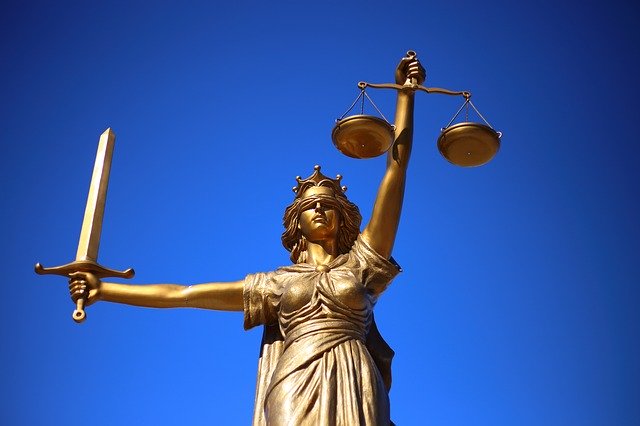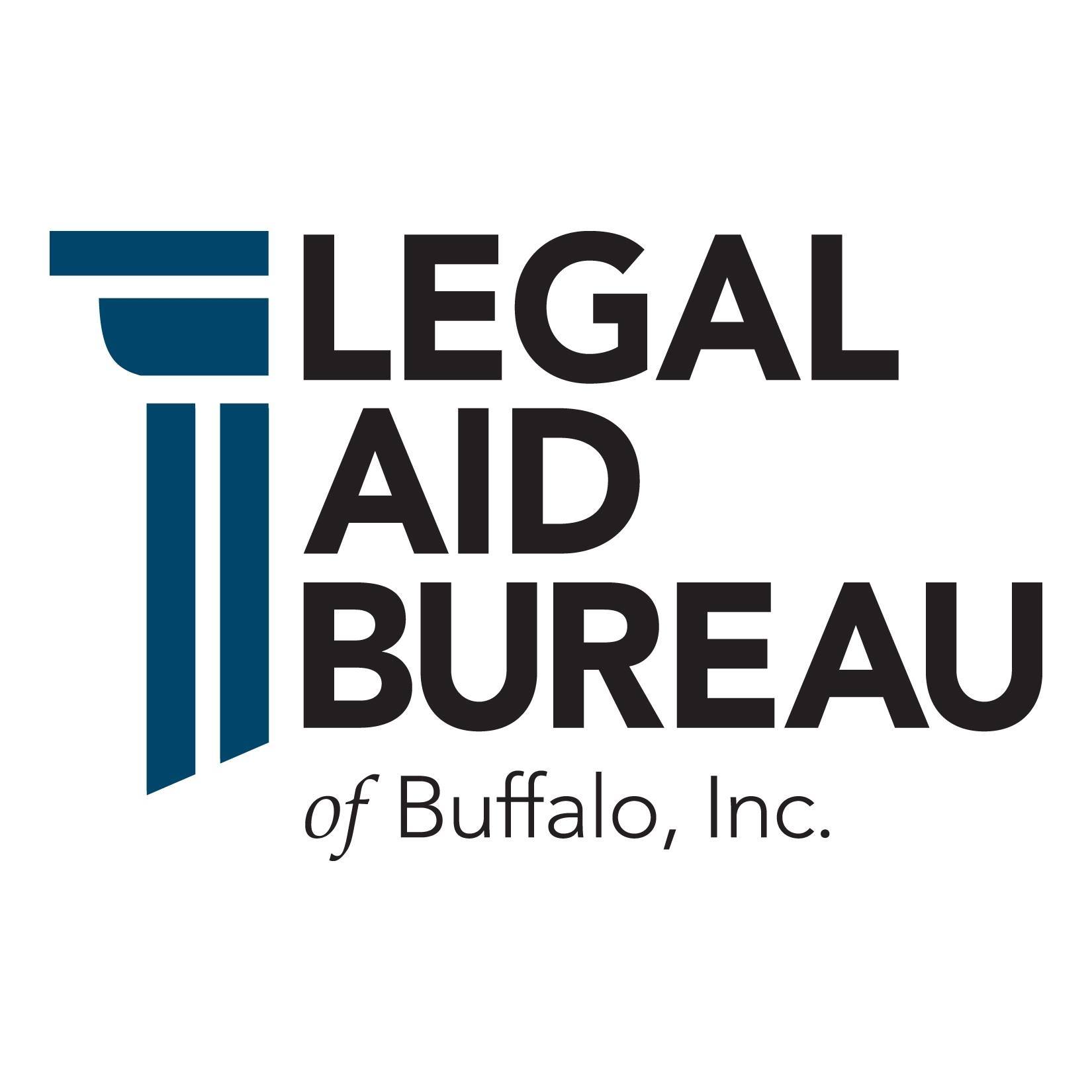Arrest and Arraignment FAQs
Please continue to watch this space as we continue to add more information.

What to Expect if You or a Loved One is Arrested in the City of Buffalo
What happens if I am arrested in the City of Buffalo?
If you are arrested in the city of Buffalo you will be transported to Central Booking at 121 West Eagle Street for processing. At this time you may be allowed a telephone call to a friend, family member, or lawyer. You will stay in central booking or “city lockup” until you are arraigned before a judge. Arraignments occur 365 days a year. There are morning and afternoon arraignments every weekday and morning arraignments Saturday and Sunday.
What is an arraignment?
An arraignment is your first appearance in front of judge after you are arrested. The judge will tell you what you are charged with and ask you questions about where you live, who you live with, your address and telephone number, whether you are employed, and other related questions. The arraignment is also when the judge decides whether to release you from custody or place a bail on you.
How do a get an attorney for my arraignment?
Every person arrested in the City of Buffalo is represented by an attorney from the Legal Aid Bureau of Buffalo at their arraignment unless you have hired a private attorney.
How do I make sure the Legal Aid Bureau of Buffalo will represent me?
If you are arrested in the City of Buffalo an attorney for the Legal Bureau appears at every arraignment. You do not have to contact the Legal Aid Bureau for an attorney. The Legal Aid Bureau of Buffalo represents EVERYONE at their arraignment. You will be “qualified” by a Legal Aid Bureau eligibility clerk before your arraignment to determine if you qualify to have an attorney from the Legal Aid Bureau AFTER your arraignment.
What do I have to do to “qualify” for an attorney from the Legal Aid Bureau of Buffalo after my arraignment?
An eligibility clerk from the Legal Aid Bureau of Buffalo will interview you in the city lock up before your arraignment. The eligibility clerk will ask you several questions:
- Name
- Date of Birth
- Address and telephone number
- Are you working?
- If you work how much do you make?
- Do you have any children under the age of 21 and if so how many?
- How many people are in your household?
- Do you received and public assistance including SNAP?
- Are you on social security, disability, or workmens compensation?
It is very important that you answer the questions as accurately as possible so the Legal Aid Bureau can determine if you meet our financial eligibility requirements.
What happens if I don’t qualify for an attorney through the Legal Aid Bureau of Buffalo?
If you do not meet the financial eligibility requirements of the Legal Aid Bureau of Buffalo our attorney will still represent you for your arraignment but you will have to hire your own attorney to represent you going forward.
Will I be released from custody after my arraignment?
The judge will decide whether to release you from custody after looking at what you have been charged with, your past criminal record (if you have one), and any bench warrants that have been issued for you before. The judge can release you or place a bail on you.
What are the different types of release and bail?
- Release on your own recognizance
The judge releases you from custody without restrictions. You must appear for all future court appearances and remain arrest free. If you fail to appear for your court appearances or get re-arrested the judge could revoke your release and place you back in custody.
- Release with non-monetary conditions
The judge releases you from custody but places conditions on you. Conditions could include abiding by a stay away order, attending a treatment program, obtaining or maintaining employment, attending school or vocational training, refraining from driving, or any other condition the judge feels is reasonable and necessary. If you fail to abide by the conditions the judge could revoke your release and place you back in custody.
- Release under supervision or electronic monitoring
The judge releases you from custody but requires you to report to a probation officer or to wear an electronic monitoring device to track your whereabouts. If you fail to abide by the conditions of the probation officer or electronic monitoring the judge could revoke your release and place you back in custody.
- Cash Bail, secured and partially secured bail
The judge requires that a cash bail be paid in full, partially paid, or a bail bond be issued for your release. The judge is requiring some type of monetary payment be paid to secure your release. If you pay a full cash bail or a partially secured bail and you fail to appear in court as required the judge could revoke and forfeit your bail and place you back in custody without returning any of the money posted. If you use a bail bondsmen you must pay an amount determined by the bondsmen. This amount is not refundable under any circumstances.
- Unsecured or signature bails
The judge requires that you or someone else “promise” you will appear as directed and abide any other conditions the judge sees fit. If you fail to appear as directed or abide the conditions you or anyone “promising” on your behalf could be responsible for paying money to the court.
What happens after my arraignment?
Once your arraignment is complete the attorney will give a piece of paper with your next court date written on it and dates and times for you to come to the Legal Aid Bureau of Buffalo Criminal Defense Unit Office for a client interview BEFORE your next court date. You do not have to call the office to schedule an interview you simply show up on one of the dates and times listed on the sheet of paper and check in when you arrive. Interviews are done on a first come first served basis so get there as early as possible to limit your wait time. This initial interview is very important so you can discuss the facts of your case in a private and confidential way. Your attorney will not have time to speak to you in court. If you cannot make it into the office on one the dates and times listed contact your attorney by telephone to discuss your case.
What do I need to bring with me for my initial client interview with my attorney?
It is important to have any “evidence” with you to show your attorney. Any telephone records, pictures, screen shots, emails, medical records, or recordings that are important to your case. You do not need to bring in witnesses to the initial interview but you should have their full name, address, and telephone number to share with your attorney. You should write down as much information about your case as you can as soon as you can to prevent memory loss and provide these notes to your attorney. If the court placed conditions on your release such has doing a drug and alcohol evaluation make sure you provide proof from your provider that you have gone or proof of employment and school enrollment. If your contact information has changed make sure you update your attorney before you leave. Your attorney may ask you for additional information or documentation that you will be able to provide at a later date.
